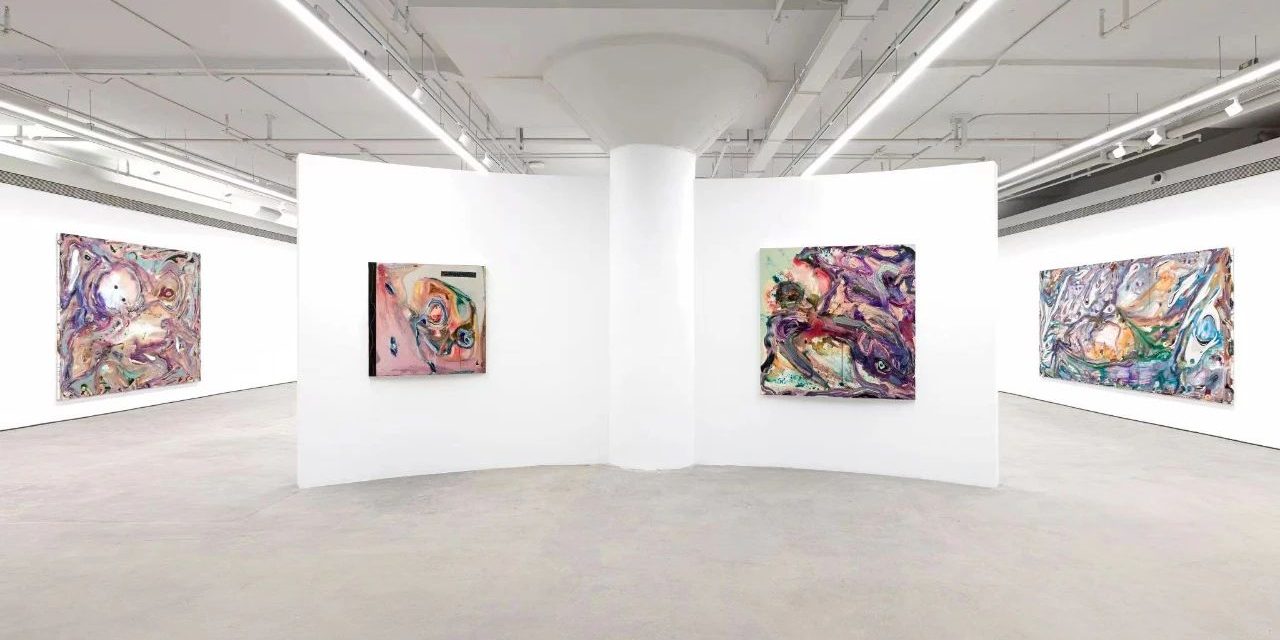Longlati Reading Workshop#3:The Material Landscapes Along the Silk Road
Longlati Foundation invites four members of the Writer Collecting Committee to propose a Long Read session every quarter, generating multi-dimensional narratives around the foundation’s collections and exhibition projects. In response to Manuel Mathieu’s recent solo exhibition “Silk Road Traveler, Lethe’s Wanderer,” Li Suchao initiates the autumn Long Read session titled “Patchy Climate: Material Landscapes Along the Silk Road,” inviting Weng Jia to co-lead the discussion on the female body experience and exploring the unique position of pain in feminist narratives.
In addition, this Long Read session will also incorporate more works by artist Manuel Mathieu from Longlati Foundation’s collection and sponsorship program, sharing insights into his artistic practice and creative clues over the years.
Furthermore, in Manuel Mathieu’s recent exhibition “Silk Road Traveler, Lethe’s Wanderer” at Longlati Foundation, the artist and curator Pu Yingwei provide viewers with a geopolitical map that transcends regions and cultures. This path resonates deeply with the historical context of the “Maritime Silk Road.” In the process of creating artworks for this exhibition, Manuel Mathieu interprets the “Maritime Silk Road” and the current social reality as a generous contribution to his art. Within these seemingly abstract and expressive works, we can vaguely recognize the rich materials encountered along this “Silk Road Traveler” journey: jade, silk, spices, the fragrance of tobacco falling on a damp deck, and we can also feel the climate changes during this Silk Road journey: storms, tsunamis, chaotic light filtering through the clouds onto the faces of the sailors. From these rich visual intentions and the collision of powerful political and cultural frameworks, what kind of knowledge production path can we construct? This is what “Patchy Climate: Material Landscapes Along the Silk Road” aims to advance together with readers.
Emerging in the 21st century, New Materialism opens up a new perspective on material-oriented theoretical research. Guided by scholars such as Karen Barad, Rosi Braidotti, Jane Bennett, Manuel DeLanda, and Vicki Kirby, New Materialism grows within the interweaving of cutting-edge feminism, philosophy, anthropology, and scientific research. Confronted with the disturbances of the Anthropocene and the imminent global climate crisis, New Materialism offers a potential path by establishing materialism as the ontology, reflecting on the inherent divisions between humans and things, body and mind, nature and culture, and life and non-life, as well as the long-held view of progress. We can compare the abstract landscapes in Manuel Mathieu’s paintings to landscapes of the Anthropocene, where humans may seem detached but are actually deeply entangled within them. In this Long Read session, we will recommend the interdisciplinary anthology “Feral Atlas: The More-Than-Human Anthropocene,” published by Stanford University Press in 2020. Edited by scholars and practitioners Anna Lowenhaupt Tsing, Jennifer Deger, Alder Kleemann Saxena, and Feifei Zhou, this book focuses on the wild reactions of the world to human interventions. “Feral Atlas” brings together one hundred researchers and practitioners from different disciplines to explore the core attributes of the wild and provide an interesting and creative approach to studying the Anthropocene.
Longlati invites you to participate in the Tencent Meeting.
Meeting Theme: Longlati Reading Club #3
Date: 2022-10-22 20:00-22:00 (GMT+08:00)
Language: Chinese
Click the link to join the meeting or add it to your meeting list:
https://meeting.tencent.com/dm/2TYYr01wPpui
Meeting ID: 951-312-959
Meeting Password: 123456
Host
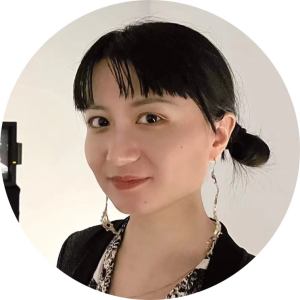
Li Suchao, a graduate of the University of Glasgow with a master’s degree in Art History, currently lives and works in Shanghai. She is engaged in art writing, research, and exhibition activities. Since 2021, she has also served as a researcher at the Merro Art Center and a member of the Longlati Foundation’s Writers and Collectors Committee. Her writings have been featured in various art media and institutions, including ArtReview Asia, Art-Ba-Ba, Artforum, Ocula, Leap, Art News, and Collection·Art Today. In 2020, she participated in the curating of the inaugural “Future Future – Youth Experimental Film Program” initiated by the Center for Experimental Film (CEF) and artist Yang Fudong. In 2019, she won the second prize at the 6th International Art Critics Award (IAAC). In 2017, she was appointed as the translator and academic support for the 11th AAC Art China held at the Palace Museum. Her recent research focuses on landscapes of the Anthropocene, the dialogue between humanities and ecology, and the entanglement of humans and non-humans, life and non-life.
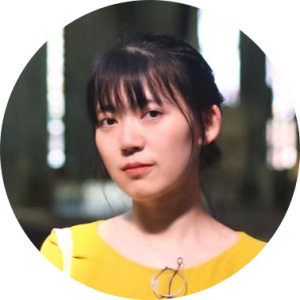
Weng Jia is a young scholar and a Ph.D. candidate in Architecture Design and Theory at Yale University. She also holds a certification in Media and Film Studies from Yale University and is currently an affiliated researcher at the Philosophy and Technology Research Network. Her theoretical design works have received the first prize in the Jacques Rougerie Design Competition, the Excellence Award in the Organic Skyscraper Competition, the Young Architects Competition (YAC) Excellence Award, and the Excellence Award in the Urban Vision Design Competition. Her design research focuses on the control of air, oceans, deserts, oil, rivers, and waste in cities. Her collaborative works with Design Earth have been featured in the Oslo Triennial, the Lisbon Architecture Biennale, and the Venice Architecture Biennale. Her paper “Waste in the Water Machine” received the David Taylor Architectural Criticism Award from the Yale School of Architecture. Her doctoral thesis explores the history of pipelines and combines issues from architectural history, environmental history, and media studies to discuss how information technology regulates energy and heat through architecture. Her research has been supported by the Franke Interdisciplinary Research Fellowship. She has presented her academic research at conferences such as the Society for the History of Technology (SHOT), the Association of Collegiate Schools of Architecture (ACSA) Annual Meeting, and the Media Ecology Association (MEA) Annual Conference. Her academic papers can be found in Thresholds (Forthcoming), the Annual Journal of the Association of Collegiate Schools of Architecture (ACSA), and the Reader of Guangzhou Image Triennial.
Responder
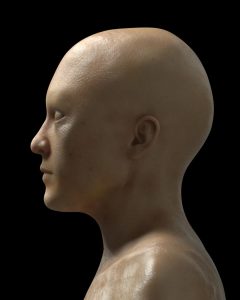
Pu Yingwei currently works and lives in Beijing. They graduated from the Sichuan Fine Arts Institute in 2013 and obtained a master’s degree from the National Fine Arts School of Lyon in 2018, receiving the highest award from the jury. As an active participant in the new generation of politically engaged conceptual art, Pu Yingwei creatively inherits and develops the visual and ideological threads of socialist art and early avant-garde art in China. Their practice encompasses various forms such as painting, writing, design, curating, and public speaking. Their works have been exhibited at institutions such as the Walker Art Gallery in Liverpool, the New Sino-French Academy, the Power Station of Art in Shanghai, the He Art Museum, the OCAT Art Centers, and the Taikang Space. They have also participated in the 13th Shanghai Biennale, the Cannes Film Festival, and have received the John Moores Painting Prize. Their article “Imperial Heritage” received the IAAC International Art Critics Award, and they have been selected for the Gen.T Asia’s Emerging Leaders list.
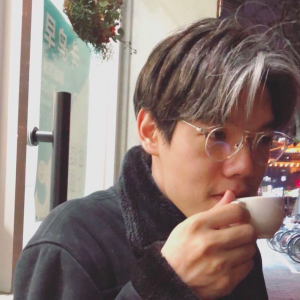
Chen Xian currently resides in the online platform “Compost” at the NYU Shanghai Contemporary Art Center for a one-year residency. They regularly collaborate with artists and writers to develop alternative art and speculative projects. Chen Xian is currently the annual residency editor of the online platform “Compost.” They recently curated the online screening of Dorota Gawęda & Eglė Kulbokaitė at “Compost” (2022), “Production Heat 2008: Study Material” at the Nida Art Colony in Lithuania (2022), and Lu Pingyuan’s solo exhibition “The First Artist” at the MadeIn Gallery (2021). They have also co-edited the essay collections “Public Fabrication” (2022), “Parallel Olympics” (2021), and “Arrow Factory: Five-Year Book” (2020). In the past, Chen Xian served as the founding editor of Heichi magazine (2020-2021) and as a researcher for the Long March Project (2017-2020).
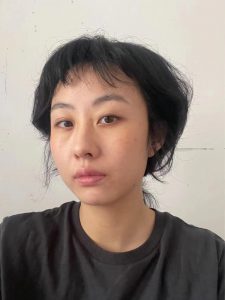
Bian Yu Jia is a writer and part-time artist. She has a background in landscape architecture design and architectural history theory. Her writing and artworks explore the understanding of nature and the relationship between nature and technology and philosophy in media studies. Yu Jia has worked at the Guangdong Times Museum Media Lab, Storefront for Art and Architecture, and other institutions. Her writings have been featured in art forums, Spike Art Magazine, The Museum Review, and more. She received the Temple Hoyne Buell Center scholarship in 2017 and, along with Germaine Goh, won the Hong Kong 2018 Design Ambassador Seed Award. Her artworks have been exhibited at the Oslo Architecture Triennale, the New York Visual Arts Institute, the New York Museum of Technology, and other places. Yu Jia earned her Master’s degree in Architectural Criticism, Curation, and Conceptual Practice from Columbia University.
